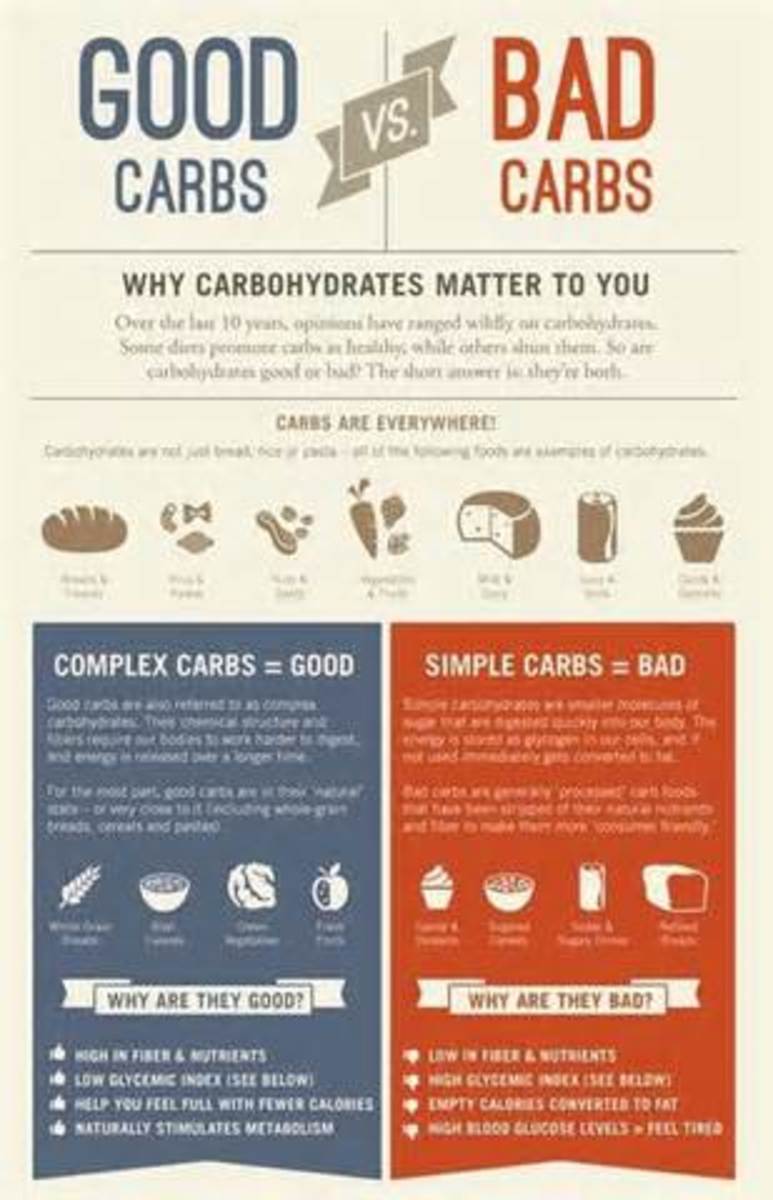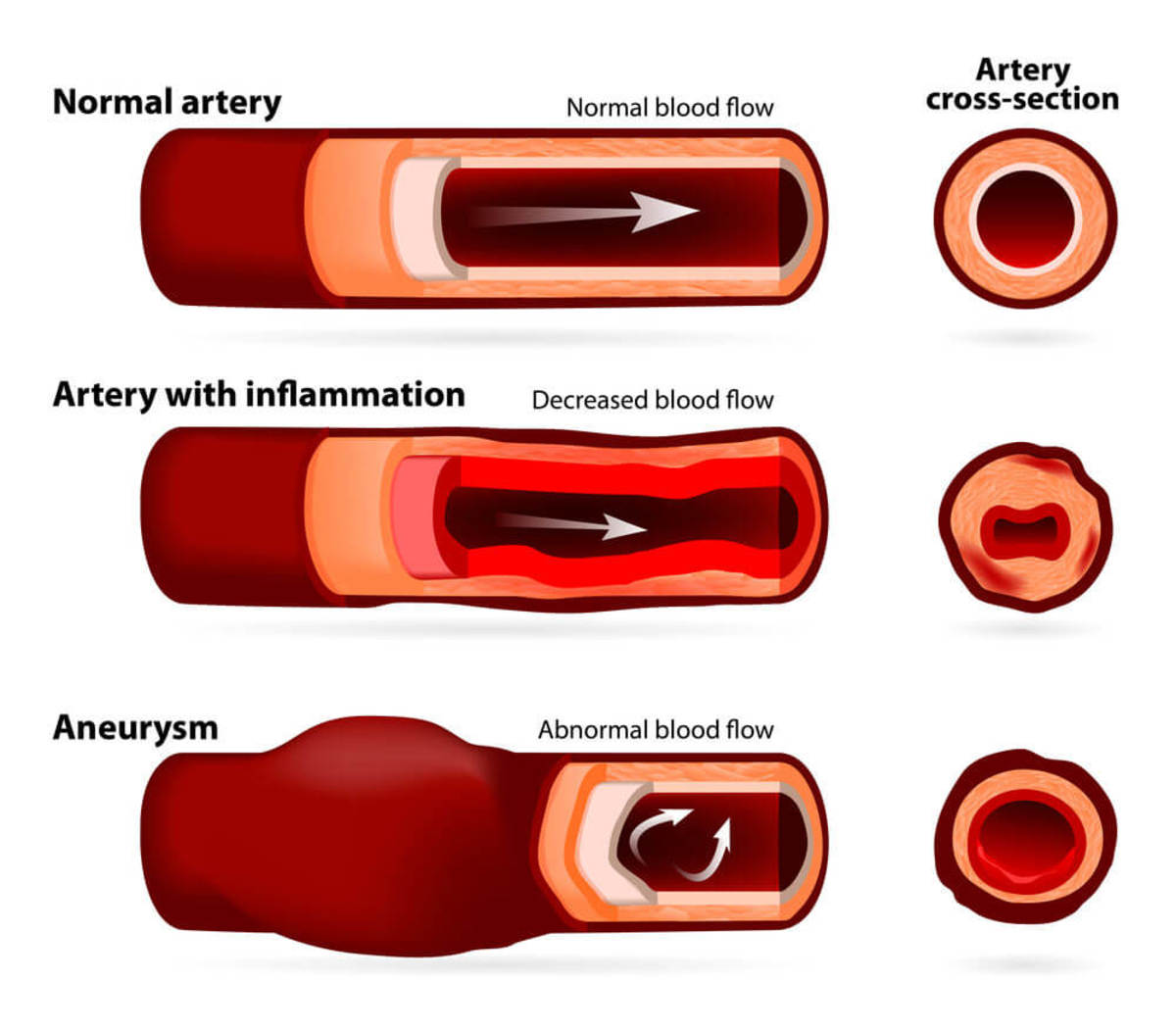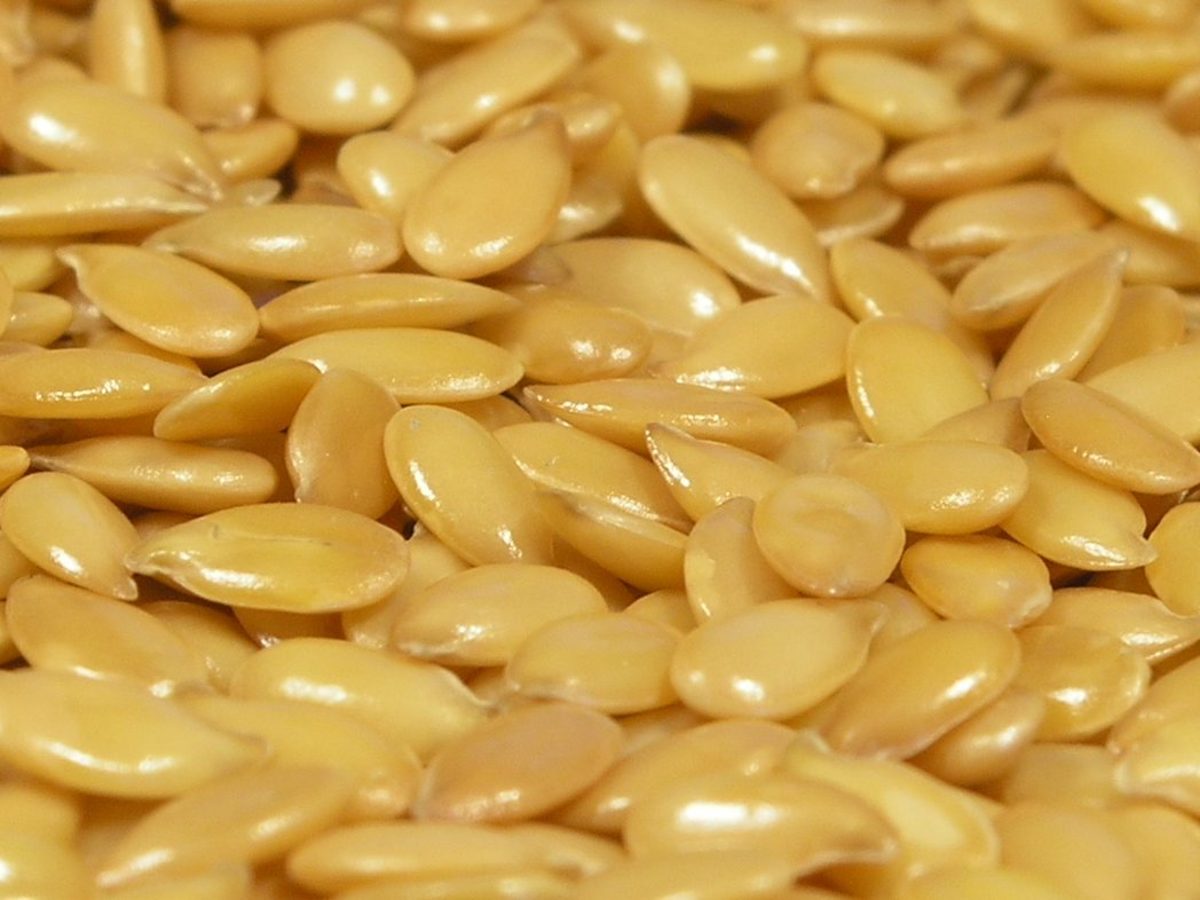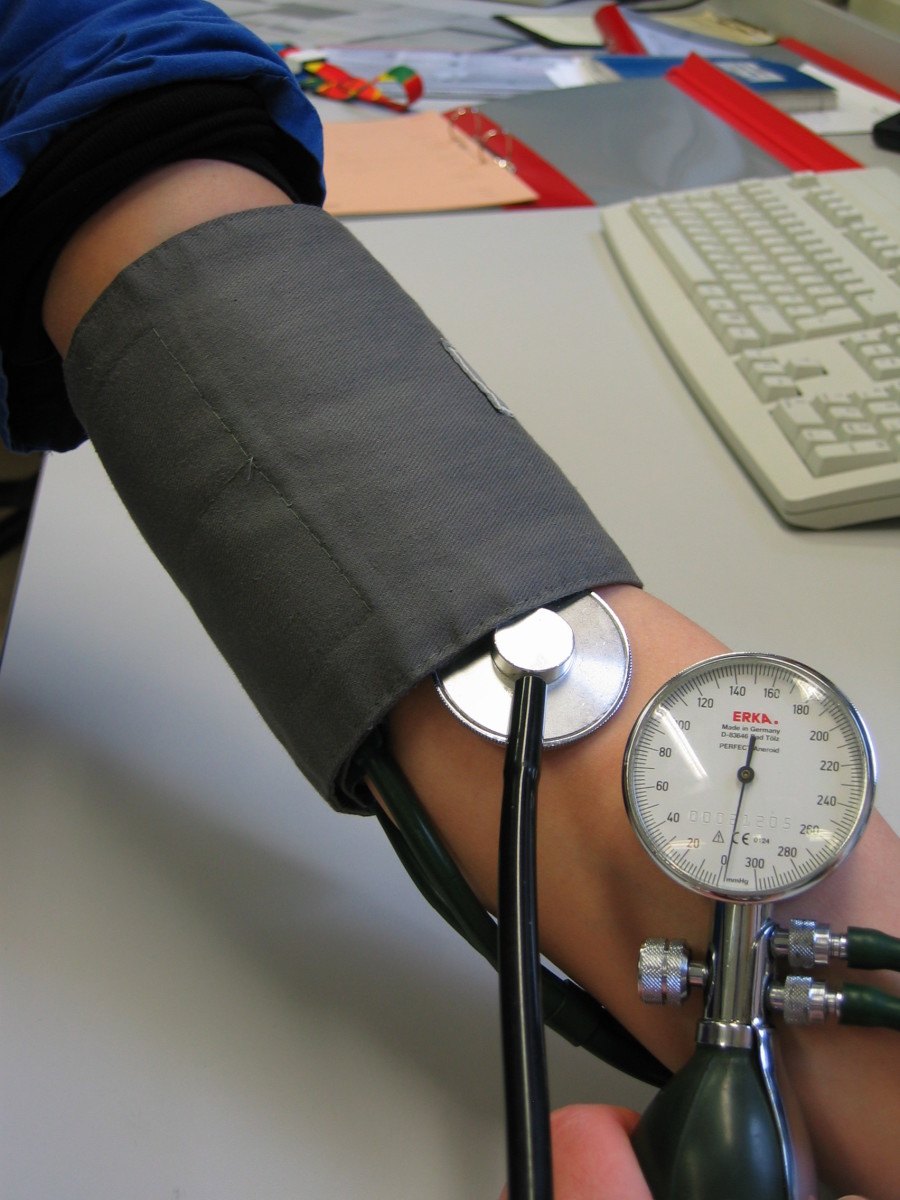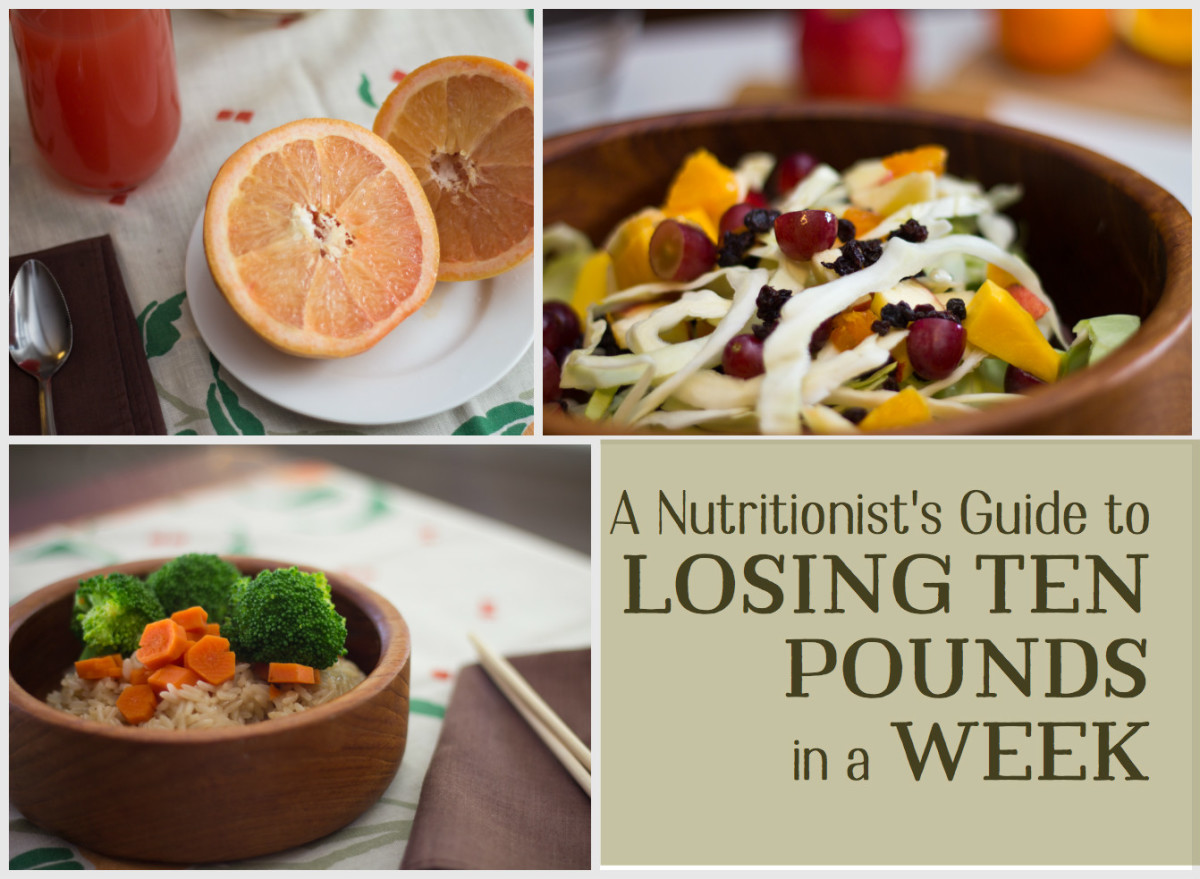Cholesterol Reduction - The Weight Loss Connection

Coronary heart disease (CHD) is the leading killer of Americans, about half a million people die each year from heart attacks caused by CHD, and elevated blood cholesterol is a major risk factor for this disease. Unlike some risk factors, blood cholesterol can often be controlled by lifestyle factors - namely what you eat and physical activity.
Why High Cholesterol Is Of Concern
An excess of cholesterol in the blood can build-up on artery walls that carry blood to the heart. This build-up, artherosclerosis, can slow down or block blood flow to the heart. This can result in the heart getting less oxygen which, in turn, can result in angina, heart attack or even death.
How Being Overweight Can Affect Cholesterol
According to the British Heart Foundation, the more fat you eat the more likely you are to put on weight. People who are overweight tend to have higher blood pressure and higher cholesterol levels, both of which are bad for the heart. Being overweight can make your LDL-cholesterol (the bad type) go up. However, the National Heart, Lung and Blood Institute reassures us that, if you are overweight and have a high LDL-cholesterol level, losing weight may help to lower it. Also, weight loss can help raise HDL-cholesterol (the good type) and lower triglycerides, a type of fatty acid found in the blood. Recent studies indicate there is an association between high triglyceride levels and increased risk of coronary heart disease.
A Healthier Diet For Your Heart And For Weight-Loss
Belinda Linden, Cardiac Nurse Advisor for the British Heart Foundation, recommends that if you are overweight, your total dietary intake of all fats should be reduced, principally focusing on saturated fat. If you are not overweight, then saturated fat should be the focus of reduction. Saturated fats, which raise blood cholesterol, increase the risk of heart disease. The British Heart Foundation says that eating foods which are low in fat, saturated fat and salt, can help cut down your risk of developing heart disease in the future. Unsaturated fats, made up of monounsaturated and polyunsaturates, like sunflower oil margarine and olive oil, can have a good effect on cholesterol levels if you use them instead of saturated fats. The good news is that following a heart-healthy eating plan can help you lose weight, as cutting down on fat is great way to cut down on calories.
Don't Panic About Foods Which Contain Cholesterol
Belinda Linden says, that in order to reduce high cholesterol it is not necessary for you to overly panic about foods containing cholesterol. Foods, such as egg yolks and offal, should be reduced, but surprisingly these levels of cholesterol in your diet don't have as much impact on body cholesterol as saturated fat does. Only a small proportion of the cholesterol in your body will come from cholesterol in food - most is manufactured by your liver from saturated fats in food. Therefore it is more important to be aware of the saturated fat content in your food.
Take More Exercise
Regular physical activity may lower LDL-cholesterol and raise HDL-cholesterol levels. It can also help you to lose weight as well as improving your health. It is a well-known fact that you burn off calories during exercise. But less people know that you also burn off calories for hours afterwards (this is known as metabolic afterburn). The Health Education Authority, recommends that we all take 30 minutes moderate physical activity at least 5 days a week, to help keep us healthy. Moderate physical activity includes simple exercises like using the stairs instead of the lift, or going for a brisk walk. You'll know you're working hard enough if you feel warm and are breathing slightly heavier than normal. If 30 minutes in one go is too much for you at present, do 15 minutes twice a day until you feel fitter.
If you are overweight or obese and have high blood cholesterol levels, do consider following a healthy weight-loss and cholesterol-lowering programme - it could really help your heart. The National Heart, Lung & Blood Institute says that if you are overweight, losing even 5-10 pounds can help improve your blood cholesterol levels. But they warn against crash dieting. The healthiest and longest-lasting weight loss happens slowly, by losing 1/2 to 1lb a week. Ask your GP for advice on diet and exercise to suit you before you begin. Also take into consideration any other known risk factors for high blood cholesterol, namely: cigarette smoking, diabetes and family history, as you may want to seek help or advice about these.

